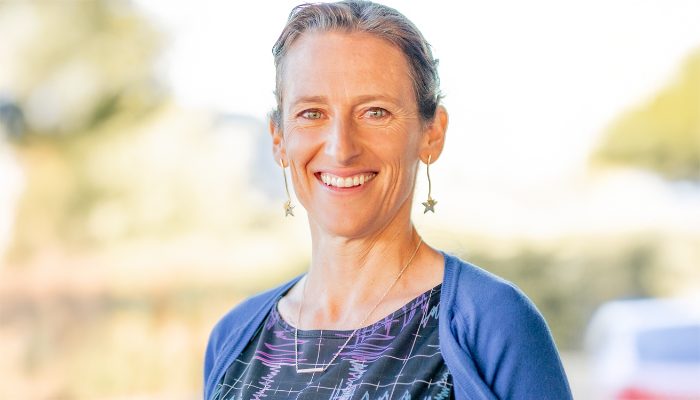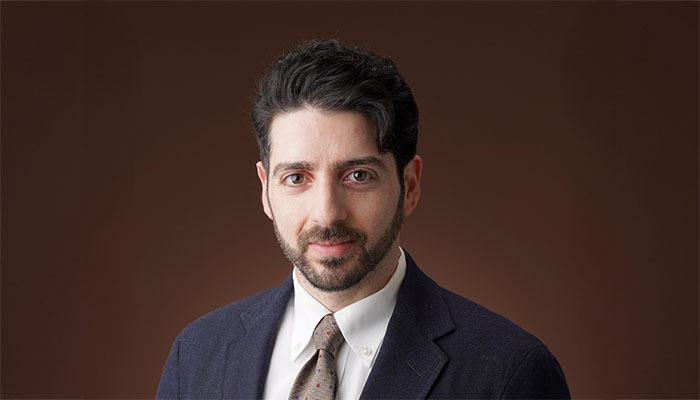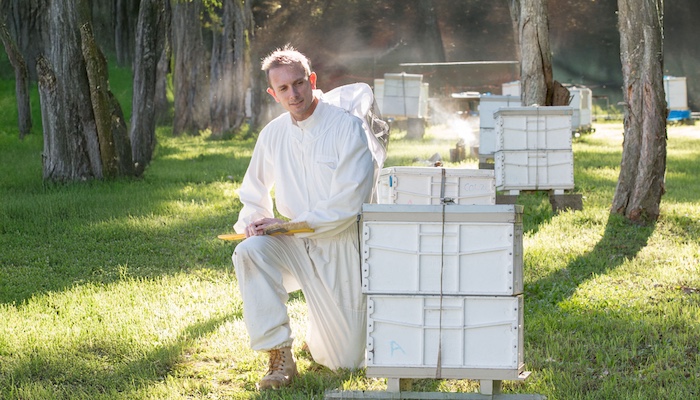The award was presented recently at the 7th International Yeast 2.0 and Synthetic Genomes Conference by Macquarie University’s Vice-Chancellor, Professor S Bruce Dowton.
Professor Boeke is known for his pioneering work on mechanistic and genomic aspects of retrotransposition, and with over 350 peer-reviewed publications including a feature on the cover of Science, he holds 13 patents on novel discovery and research methods.
Professor Boeke is Director of the Institute for Systems Genetics at New York University’s Langone Medical Center and Emeritus Professor at the Johns Hopkins University School of Medicine.
He is a member of the American Academy of Arts and Sciences as well as the National Academy of Sciences and has served on numerous scientific advisory boards, including the National Academy of Sciences Forum on Synthetic Biology and SynBERC, Berkeley and as senior editor for Systems Biology for the journal “Genetics” and he currently serves on the Board of Directors of the Genetics Society of America.
Professor Boeke has displayed visionary leadership in this new era of “writing” DNA. He recognised that synthesising and assembling customised genetic code would enable enormous technological innovation. This prompted him to set about building the first synthetic eukaryotic genome for yeast, chosen not only because it is useful for fermenting beer and wine and for raising bread, but also because it is an important model eukaryotic organism used in biotechnology to produce pharmaceuticals, industrial chemicals and biofuels.
Professor Boeke soon realised that it would take a lifetime to achieve his ambition. With ingenuity and determination, he founded the High Throughput Biology Centre and developed the Build-A-Genome Synthetic Biology course, harnessing the enthusiasm of an army of undergraduate students to carry out much of the assembly of the first synthetic yeast chromosome. This course expanded across the US into the Build-A-Genome Network and eventually came to include Build-A-Genome China. Hundreds of students have now been introduced to the fundamentals of genome engineering and construction through these activities.



